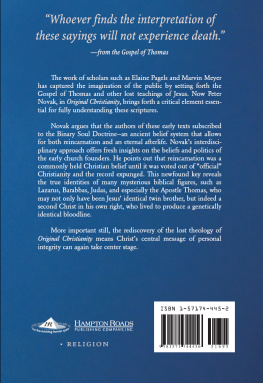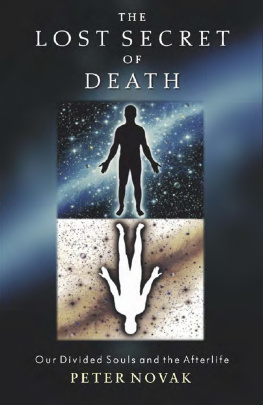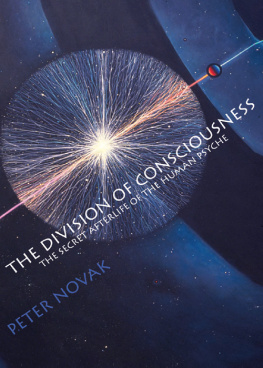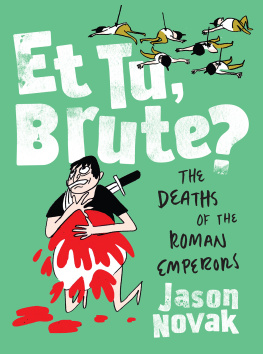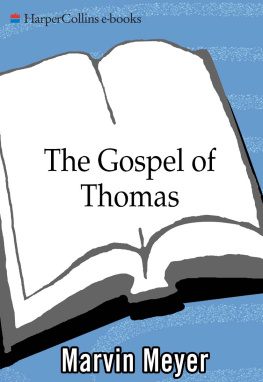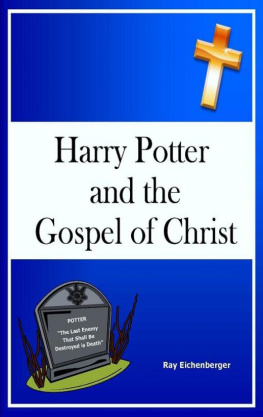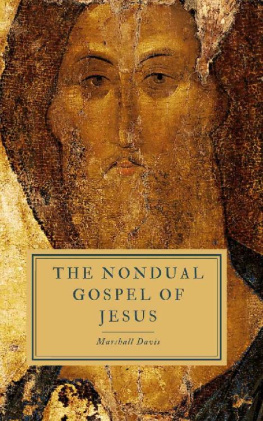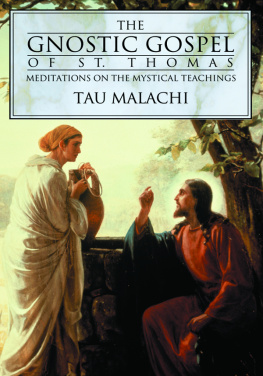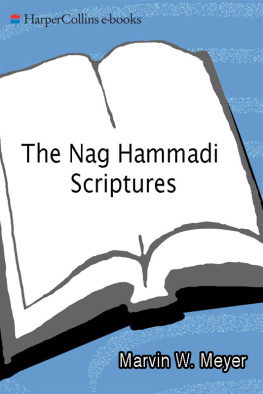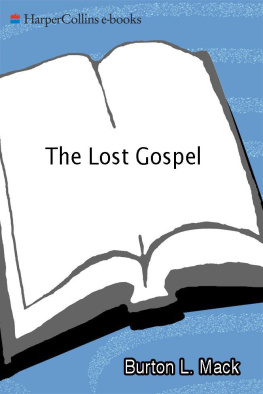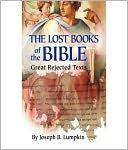About the Author
 | Peter Novak is the acclaimed author of two books. A former librarian, Novak has spent the past 18 years researching our cultural legends and their connection to modern psychological findings. He lives in La Porte, Indiana. |
Appendix A
The Second Council of Constantinople
Until the Second Council of Constantinople in 553 A.D., no specific condemnation of the doctrine of reincarnation had occurred within the church, even though it was well known that many different sects had been teaching forms of Christianity that included reincarnation. Although the Council of Nicaea had implicitly outlawed all unapproved teachings 200 years earlier, it had not specifically addressed reincarnation. Apparently, great numbers of Christians still subscribed to this belief in the sixth century, because the church felt it necessary at that time to single out reincarnation and condemn it explicitly. At the Second Council of Constantinople, the belief in reincarnation was bundled together with other ideas under the catchall phrase preexistence of the soul, and condemned as a crime punishable by death.
As had been the case in Nicaea, a lot of politics were involved. This council was summoned by the Emperor Justinian, not Pope Vigilius, the official head of the Christian church. In fact, the pope refused to attend the council because he felt Justinian was playing politics with the church, unjustly manipulating the council to arrive at a predetermined conclusion. At first, the pope refused to support the decisions of the council, but was eventually coerced into reversing his opinion. The Western church, which had also refused to accept the council's decisions, then excommunicated Pope Vigilius for his reversal and split away from the church of Rome. The schism lasted for more than a hundred years.
As if that weren't disturbing enough, another facet to the story of the Second Council of Constantinople puts the validity of its condemnation of reincarnation into even greater doubt. There seems to be some question whether Origen was actually discussed at the council at all, or if the emperor deceptively added the condemnation of Origen into the official written record after the fact. The council was under the full control of Emperor Justinian, who was even more insistent than Constantine had been on enforcing religious conformity. He closed non-Christian schools, baptized nonbelievers by force, and all but wiped out some Christian heretic groups with fierce persecutions. The emperor had an anxious agenda involving Origen; before the council had even formally opened, Justinian ordered the bishops assembled there to address the dispute over Origen's teachings.
Inconsistencies in subsequent documents, however, leave historians uncertain if Origen was ever formally condemned at the council. Some learned writers believe he was, while an equal number deny this. In any event, it does not seem that Pope Vigilius reversal specifically included a condemnation of Origen, nor do the later popes Pelagius I (556561), Pelagius II (570590), or Gregory the Great (590604) seem to have known of Origen's condemnation at this council. Nonetheless, even though this church council has been widely viewed as invalid by later historians, its recorded judgments were entered into the law books, effectively outlawing all discussion of reincarnation within the boundaries of the empire. From the point of view of public teaching, the doctrine of rebirth completely disappeared from European thought after 553 A.D.
It was just driven underground, however; it actually took another 1,000 years of bloodshed to eradicate the concept from Western religion.
Appendix B
The War between America's
Soul and Spirit
Every kingdom divided against itself will be ruined
Jesus Christ
Numerous cultures that subscribed to the binary soul doctrine believed that the whole universe reflects the duality we observe in the human soul. Many nations around the world taught their children variations of the very same creation myth: that God created the universe by dividing Himself in two and then mating one half of His infinite Self with the other half. This universe we live in, they believed, was the magical offspring of that divine marriage, with every facet of that universe, including the human soul, still reflecting that original duality. This is why, they explained, we find ourselves in a reality where everything has a two-part, divided, or binary form. They believed this was why the root structure beneath trees looks just like the branch structure above them, and why the shape of virtually all living things is symmetrical, having equal but opposite right and left sides. They thought this was why we have two equal but opposite sexes, why electricity and magnetism have positive and negative poles, and why every action produces an equal but opposite reaction.
Recently, the world has witnessed this same dynamic in American politics. For some time now, the population of the United States has been divided into two equal but opposite political parties, which are, as it turns out, perfect reflections of the two halves of the human psyche.
The Democratic Party: Voice of the Human Soul
Just as the right hemisphere of the brain controls the left side of the body, the Democratic Party is also popularly referred to as the Left side of America's political body. And just as the right half of the brain is more dominant in women, the majority of women tend to vote Democratic. Like the right-brain unconscious, Democrats embrace holistic concepts like the interconnection of all things and the brotherhood of man, prioritizing these values over left-brain ideals such as independent individualism and personal responsibility. Unfortunately, this emphasis on the needs of the group over the rights of the individual often translates into higher taxes. Like the unconscious soul, the Left feels more confident when dealing with subjective internal matters (i.e., domestic affairs) than objective external affairs (foreign relations) and, also like the repressed unconscious, Democrats tend to identify with society's weaker and more downtrodden elements. Like the nurturing unconscious, the Left has assumed the feminine role of caregiver in society. Like the right half of the brain, the Democratic Party focuses its attention on what people have in common, and this focus on connections and relationships makes diplomacy one of its primary strengths. This focus on connections, however, also gives Democrats a tendency to be more inclusive and tolerant than exclusive and intolerant, which frequently translates into larger government.
Like the unconscious soul, Democrats tend to think in broad inclusive patterns that allow for flexibility, nuance, and uncertainty, and seem uncomfortable with the rigid black-and-white distinctions so dear to the left-brain conscious mind. Indeed, like the mystical unconscious, the Democratic Party seems remarkably comfortable with uncertainty. Despite the Republican Party's claim to be more religious, Democrats often seem to demonstrate greater faith in the face of uncertainty. In the recent presidential election, for example, the states most likely to suffer future terrorist attacks voted against the candidate running on a War Against Terror platform, while those states least likely to suffer a terrorist attack voted for him. Obviously, the Democratic populace of the East and West coasts is not nearly as worried about safety and certainty as the Republican populace of the rural states.
The Republican Party: Voice of the Human Spirit
Next page
